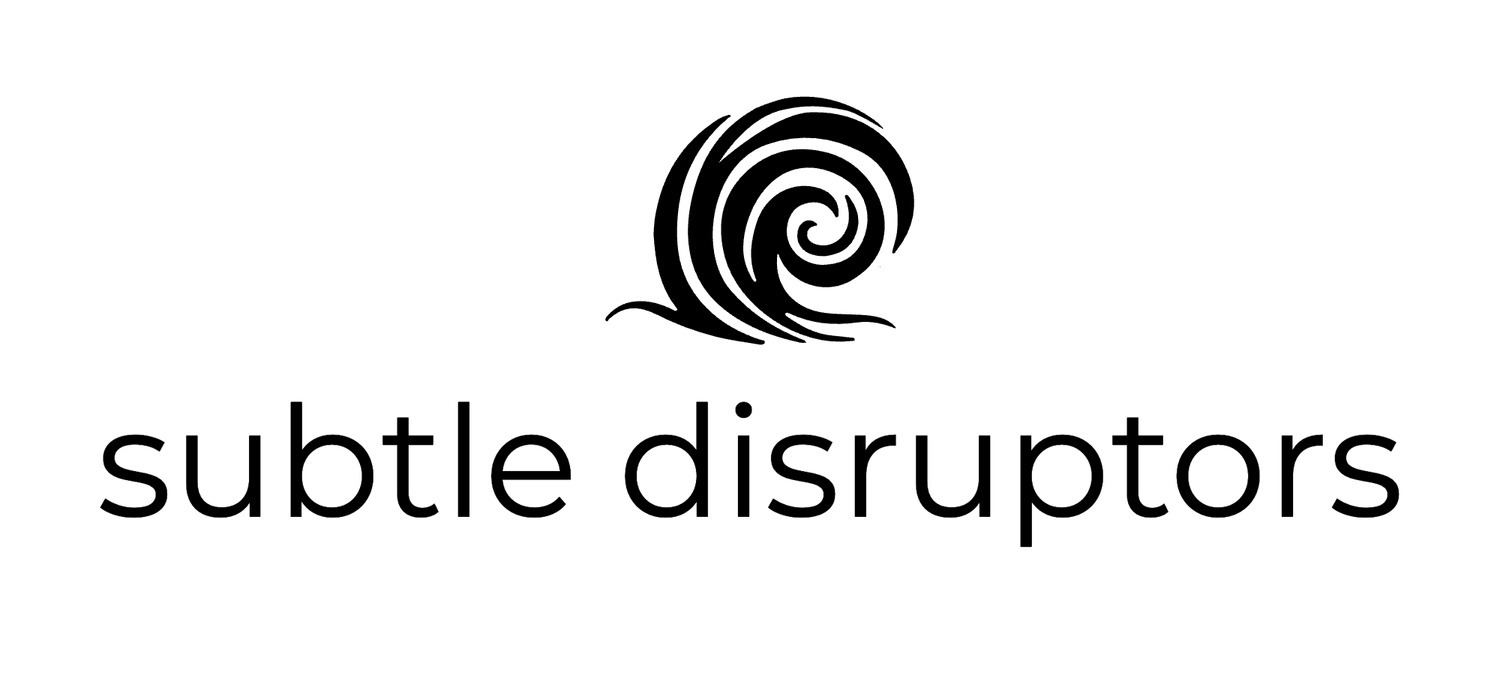some of my thoughts
I write a little. Some of this is old and some of it new. I think my thinking has evolved over time.
True Wealth
Instead of adding things to our life to improve it, Nassim Nicholas Taleb encourages the readers of his book Antifragile to consider what they can remove.
He suggests a list of things that true wealth consists of (which I quite like):
- worry free sleeping
- clear conscience
- reciprocal gratitude
- absence of envy+
- good appetite
- muscle strength+
- physical energy
- frequent laughs+
- no meals alone+
- no gym class
- some physical labor+
- good bowel movements
- no meeting rooms
- periodic surprises
In thinking about this list he makes that call that achieving true wealth is therefore more about what one takes away from their life, as opposed to what they add to it.
I have started to think what I could remove from my life, like the things I do, the things I have, and the food I eat, in order to improve it. The crosses on the dot points above are where I think I could improve (not that I would admit to the third last point in public!).
Contingency
I love the concept of contingency, which I recently have understood in its full richness.
I am in the process of redeeming many of the words I first learnt in the context of IT consulting, and hence much meaning and beauty were taken away from them. In that environment contingency meant the amount budgeted time and money we kept up our sleeve for a project rainy day.
I now understand some more of what this word means, and I love that it speaks of things that could happen, but it is unknown if they will ever happen; the probability of them occurring is unknown. My new understand is so beautiful because it means that the life we see around us is the result of contingency. Nothing that has happened necessarily had to happen, but by chance it did, and it is here.
We don't exactly know how unique or special our planet, our species, our individual lives are, but they seem to be pretty remarkable. It is amazing that we are here. That we are aware we are here. And indeed all life is precious and sacred.
May all beings be well. May all beings be happy. May all beings live with ease.
Forms of existence and being
I recently discovered Oliver Sacks and am making my way through his memoir On The Move. Sacks is a physician and author, and two of his famous books are Awakenings (also a movie and documentary) and The Man who Mistook is Wife for at Hat.
There are two central ideas that I have loved from the book. The first is about his approach to working with patients. He writes that he could never consider the symptoms presented to him by a patient without the context of who they were and how they lived. He would always spend time talking with his patients to understand as much about them as possible, which enable him to provide much better insights into their life and condition than making a quick assessment based on what they told him in the first 2 minutes.
This idea fits in very nicely with another book I am reading called The Systems View of Life by Fitjof Capra and Pier Luigi Luisi.
The second central idea is the way he thinks about how his patients experience existence, and not considering things like autism and encephalitis solely as conditions to be one day fixed, but also as alternative ways of being and perceiving with their own positives and negatives.
I love that idea - it makes me think that my 'normal' way of experiencing the world could in fact be impaired in some ways. We know there is much of the light spectrum that humans cannot see; many sounds we cannot hear. What else am I unable to perceive and do that other people, some who are with us now and potentially lifeforms of the future, may be able to perceive and do? How much less than I thought I knew do I actually know?
Laundry List, Item 1: This is it.
When you are able to slow yourself down, stop the incessant self-distraction, you can get moments where you appreciate just how much is happening at any one moment. Sounds, smells, sights, bodily sensations, tastes.
Big Data is common term in business today, defining the vast amounts of data that are produced and available for analysis and insight generation. Our bodies are also producing vast amounts of data from the outside world, and I think that most of the time we flinch at the idea of sitting with that data, perhaps because we are afraid of what it may reveal.
We would much rather notice a bigger, louder, generated thing (like a fireworks display) that the smaller, subtler, perhaps more uncomfortable thing (like the buzz on your back when you feel angry).
We are here, and this is it, and I posit that being as aware as possible of all our bodies are telling us will help us to be more present and sit into the 'it' that is now.

